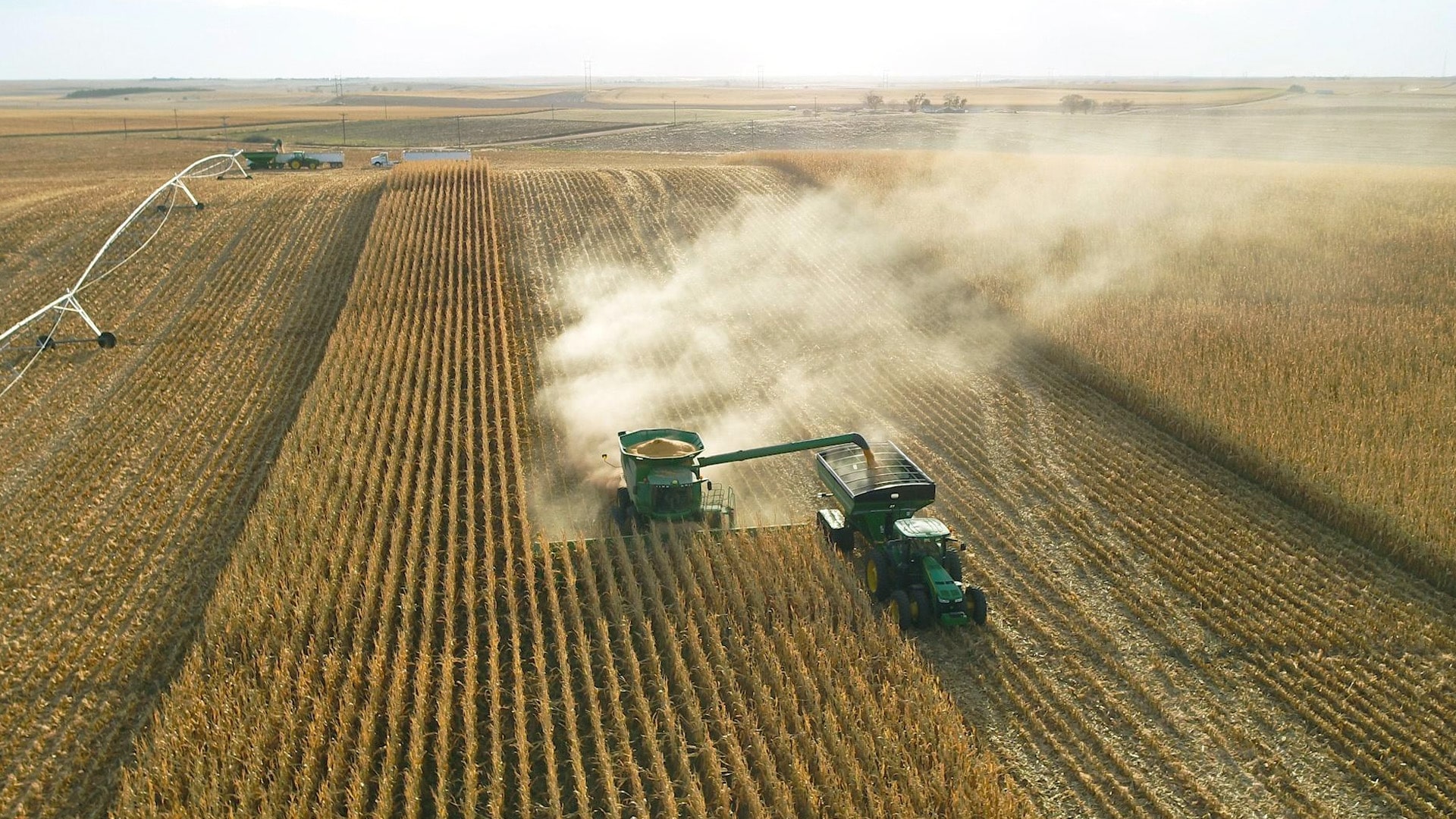Agriculture
India to face challenges in balancing food security with environment sustainability: Report
Even as India spends over USD 3 billion annually on agricultural innovation, of which only 4 per cent has environment and social sustainability objectives, the country will continue to find it challenging to balance food goals without severe damage to its environment, according to a report.
India spends over USD 3 billion annually (USD 25 billion for the period 2010-2018) on agricultural innovation, including investments by the government, development partners, private sector, and PE/VC firms, according to a report by strategic advisory firm Dalberg Advisors.cOnly about 4-5 per cent of this funding has clearly defined sustainability outcomes (measured as a combination of environmental, social, human outcomes) and is estimated to be USD 120 million annually or about 10 cents per person per year, it said adding that most of this is driven by the government.
Also read: AAI employees’ union seeks judicial probe into privatisation of six airports
“Keeping in mind the environmental challenges of growing more food in India, substantially more innovation investments for sustainable agriculture are needed. Mandating frequent reporting of sustainable agriculture investments by different actors in a format that is transparent, consistent, and verifiable would be a first step towards ensuring we meet our climate and food security goals in parallel,” Dalberg Advisors partner Nirat Bhatnagar said.
With India expected to be home to an estimated 1.6 billion people by 2050, the country will need to almost double its food production keeping in mind both the growing population and the demand for higher quality food, the report further noted. This will be a key challenge since agriculture is already a major driver of water scarcity, biodiversity loss, and carbon emissions in India, it stated.
Unless agriculture production methods change substantially with a greater emphasis on sustainable agriculture intensification, (in terms of environmental impact, human and social impacts, India will not be able to meet its food goals without severe damage to its environment, it said. This will require significant investments in sustainable agriculture systems in India and an urgent switch to more sustainable practices that are good for the environment, good for farming communities, and good for end-users in terms of nutritional outcomes, added the report.








































Pingback: Qapita raises USD 15 mn in funding from East Ventures, others